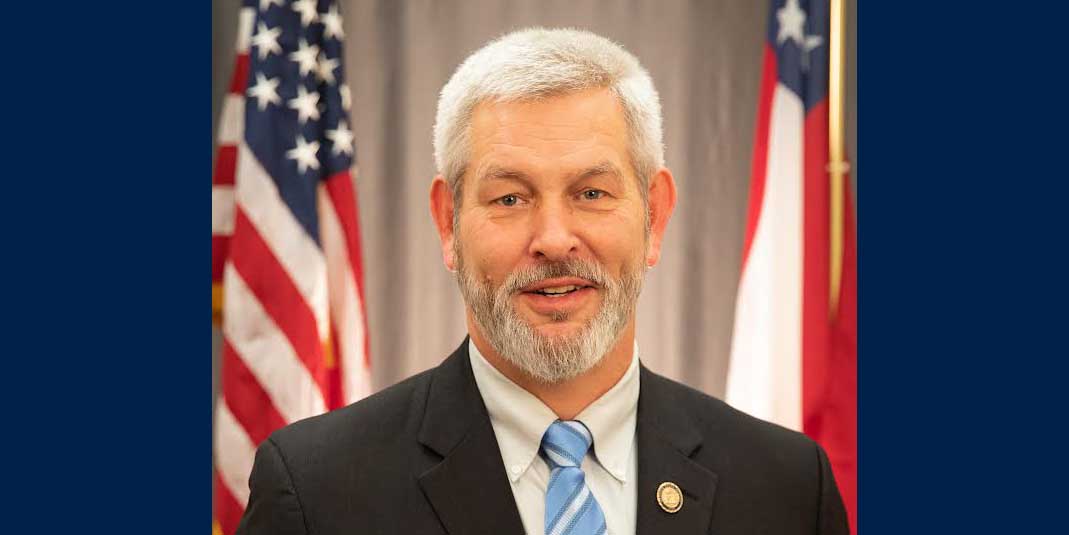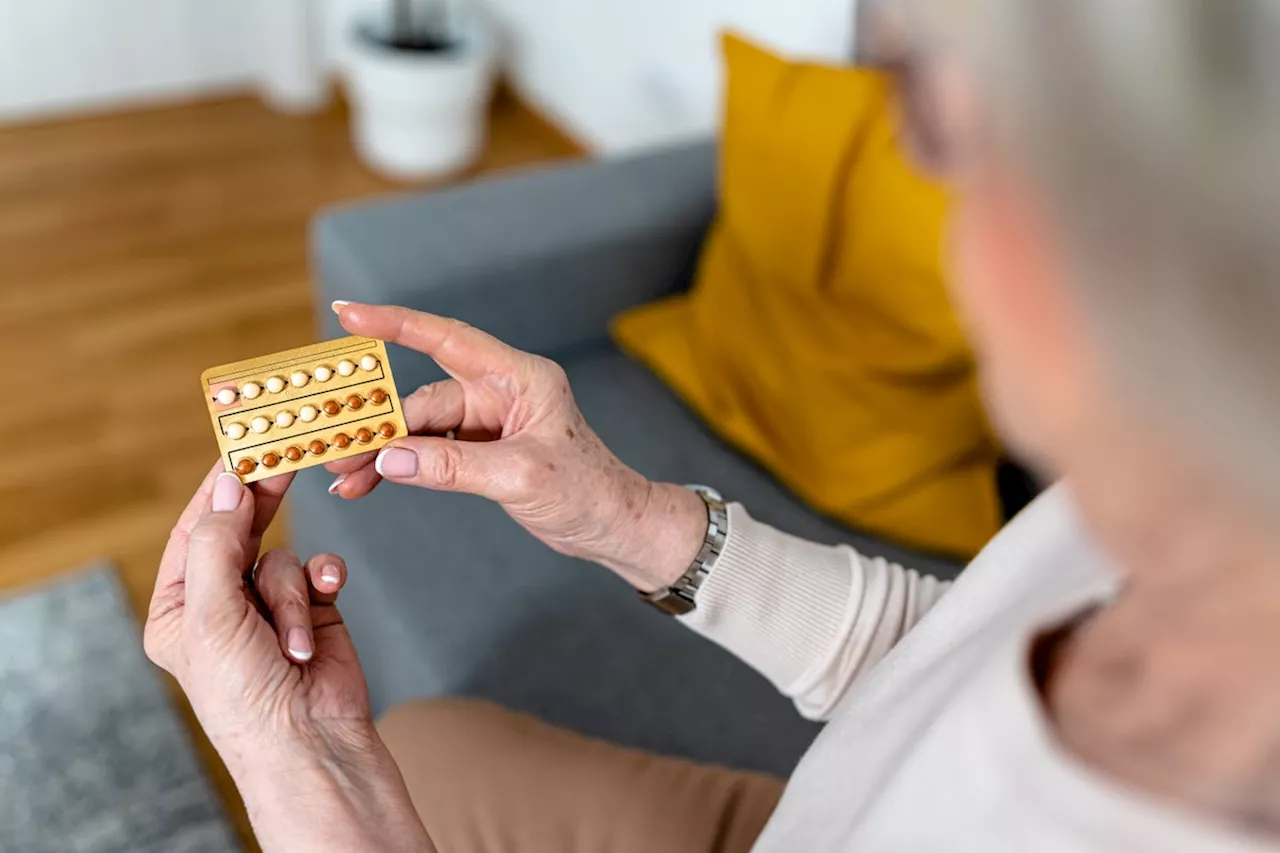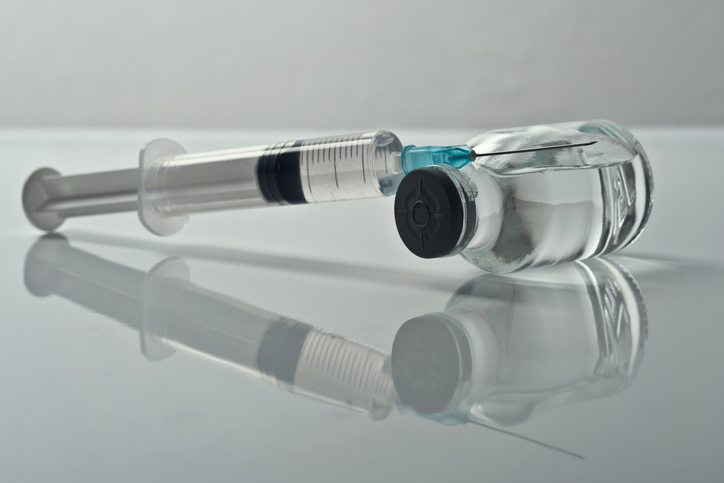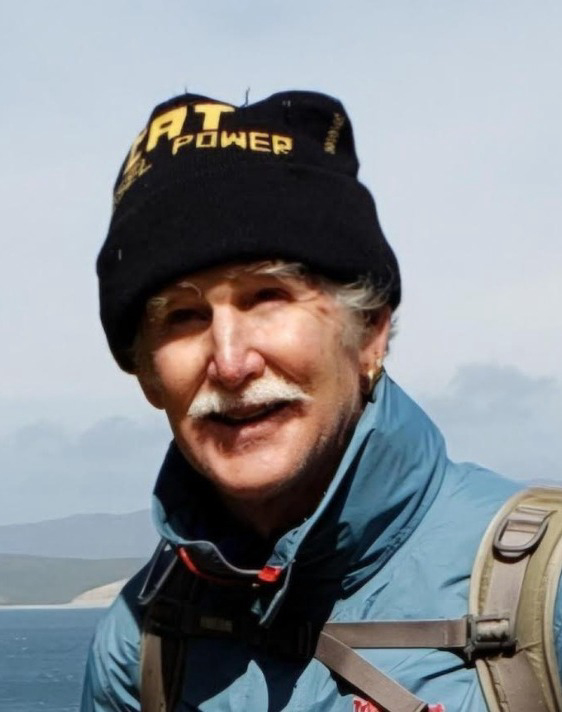Veterans in Georgia are confronting significant obstacles in accessing essential healthcare services, particularly as proposed changes from the Centers for Medicare & Medicaid Services (CMS) threaten their availability of crucial wound care treatments. This warning comes from Chuck Payne, a state senator and Army veteran who serves as Chairman of the Senate Committee on Veterans, Military, and Homeland Security.
Payne highlights that many veterans live considerable distances from Veterans Affairs (VA) facilities, leading to inconsistent care quality. As a result, veterans often struggle to access specialized care services. The CMS proposal seeks to limit access to cellular, acellular, and matrix-like products (CAMPs), which are vital for treating chronic wounds. Such restrictions could gravely impact veterans, who experience higher rates of chronic wounds due to combat-related injuries, according to Payne.
Clinical studies have demonstrated that CAMPs can reduce open wounds by over 75 percent and lower recurrence rates by up to 91 percent. These statistics reflect not only medical advancements but also the restoration of veterans’ independence and dignity. For those residing in rural areas like Murray, Whitfield, and Gordon counties, the situation is particularly dire. Many veterans face long journeys to specialized clinics, often hindered by transportation issues.
The demographics of veterans impacted by these potential policy changes are varied, with many being seniors reliant on fixed incomes or disability benefits. Payne emphasizes that when veterans reach out for assistance, they are not seeking handouts; they are seeking hope. For those facing chronic wounds, the availability of CAMPs and at-home wound care services can mean the difference between healing and enduring long-term suffering.
If the proposed CMS policies are enacted, Payne warns that increased travel distances for advanced wound care could lead to untreated wounds, infections, amputations, and preventable deaths. Research indicates that timely intervention with CAMPs can decrease mortality rates by 26 percent, ultimately saving lives and improving the quality of life for thousands of Georgians.
This issue extends beyond veterans, affecting seniors with limited mobility, individuals living in rural areas, and patients suffering from diabetes or vascular diseases. The evidence is compelling: enhancing wound closure rates through CAMPs not only saves lives but also reduces healthcare costs by minimizing the need for prolonged hospital stays and emergency interventions. For many Georgians, particularly those on military pensions or disability benefits, such financial relief is essential.
Payne criticizes the CMS proposal, suggesting it stems from an overreaction to issues related to the reimbursement system established under the previous administration and isolated incidents of fraud. Drawing from his military experience, he reinforces the principle of not leaving comrades behind. He advocates for the need to support Georgia’s veterans who face battles at home over chronic wounds and inadequate healthcare access.
Throughout his tenure, Payne has encountered numerous veterans whose lives have been transformed by CAMP treatments, allowing them to avoid amputations and return to their daily lives. Families have shared stories of loved ones who have finally found healing after years of suffering. These treatments not only close wounds but also reduce adverse effects by up to 71 percent, facilitating faster recovery and fewer hospitalizations.
As a legislator and veteran, Payne feels a deep responsibility to ensure that every Georgian who has served the country receives the care they deserve. He urges CMS to reconsider its proposed changes and to collaborate with healthcare providers, industry stakeholders, and patient advocates to develop policies based on evidence, compassion, and common sense.
“Our veterans stood on the front lines for us. Now it’s our turn to stand up for them,” he asserts, emphasizing the importance of defending their right to heal with dignity and maintain access to the best possible care products.







